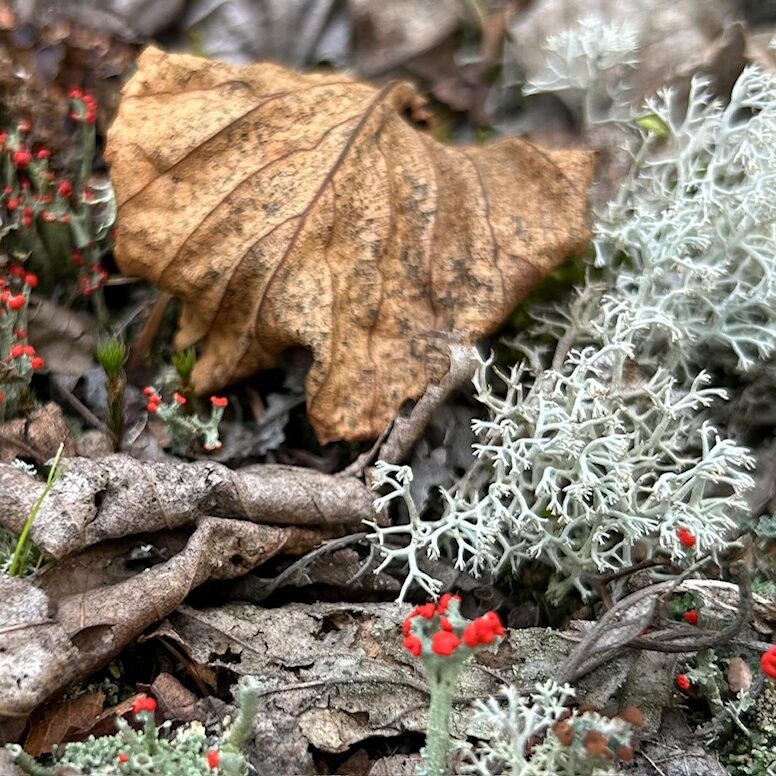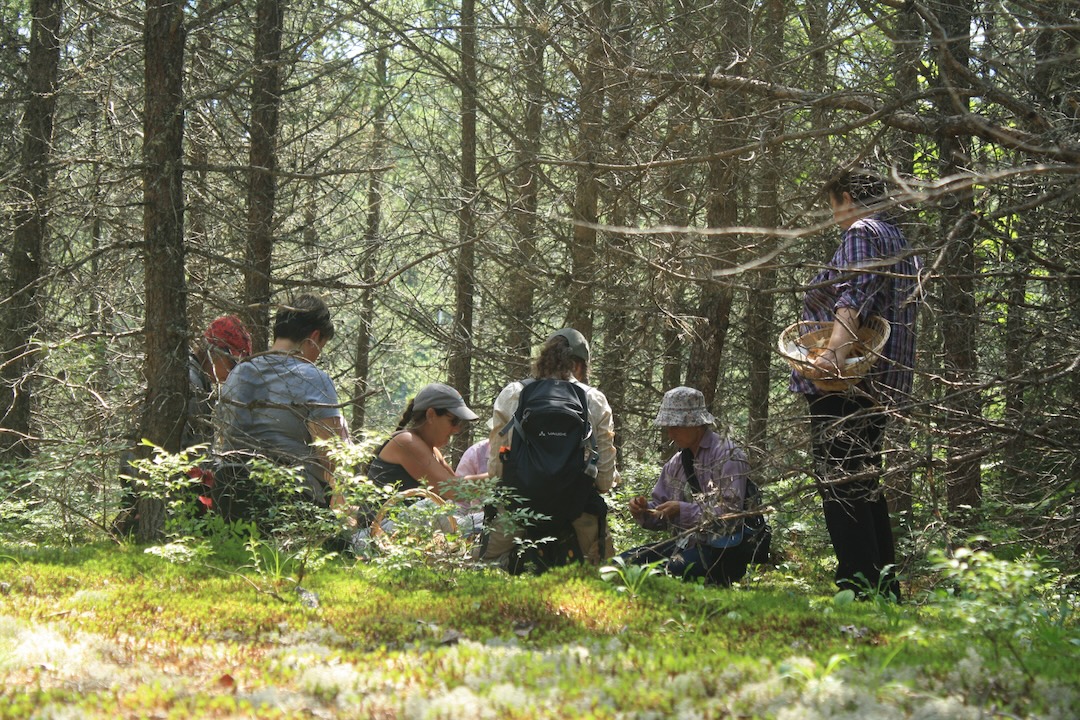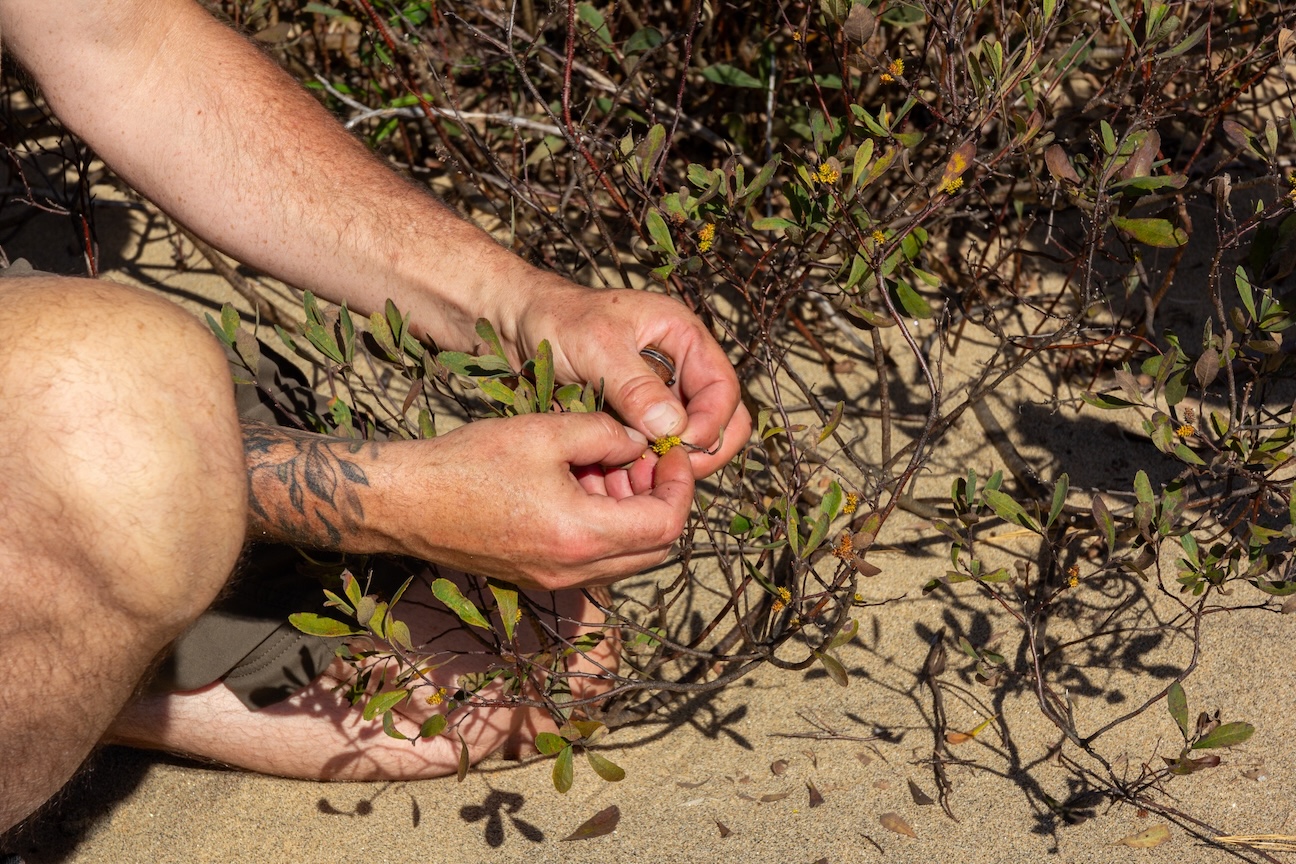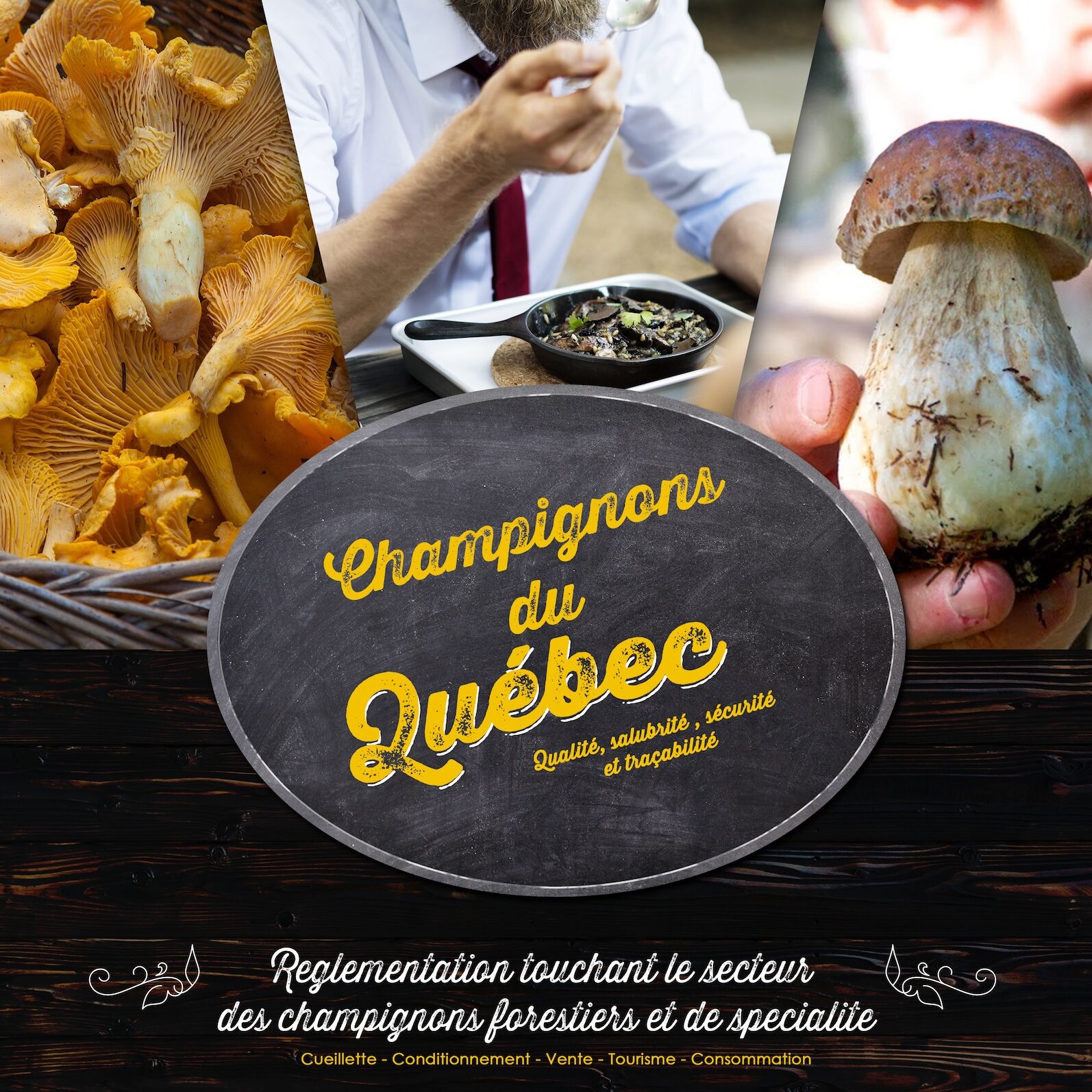View Results Again
Disclaimer
The information, photos, and guidance found on this website are provided for informational purposes only and must never replace the advice of a professional mycologist for mushroom identification. Only proper training or expert confirmation by a mycologist can allow you to safely identify wild mushrooms. When in doubt, a forager should always refrain from consuming any unknown specimen.
For Your Health – PRECAUTIONS WITH WILD MUSHROOMS (French)
Poison Control Center
If a toxic product is swallowed:
- Do not induce vomiting.
- Do not attempt to neutralize the product – milk is not an antidote.
- Rinse and clean the mouth.
- Call the Quebec Poison Control Center immediately:
📞 1-800-463-5060
Toll-free phone service (24/7).
What is acute poisoning?
Acute poisoning refers to a single or repeated exposure over a short period of time involving a child or adult who:
- Swallows a hazardous product: chemicals, incorrect medication doses, drugs, toxic mushrooms, spoiled foods, etc.
- Gets a dangerous product in the eyes or on the skin.
- Inhales vapors from a toxic product.
IMPORTANT: If the person is not breathing or is unconscious, call 911.
Cooking
When consuming wild mushrooms for the first time, or trying a new species, it is strongly recommended to eat only a small quantity to test for any intolerance or allergy. Also note: all wild mushrooms must be cooked before consumption. The authors and publisher of this website cannot be held responsible for any misidentification leading to mushroom consumption.
Always consult a professional mycologist to ensure correct identification of any species you intend to eat. Also remember: mushrooms stored in poor conditions — whose flesh is dead or decomposing — can be unsafe to eat, just like any spoiled or degraded food, and may lead to food poisoning or other health issues.
IMPORTANT: Never eat raw mushrooms.
Dehydrated Mushrooms
The vast majority of dehydrated mushrooms sold in our markets are imported from abroad and repackaged in Quebec. Often, there is no traceability. With the exception of easily recognizable species like morels, it is very difficult to know exactly what kind of mushroom you’re buying. These products are responsible for a number of poisonings. The main reason behind these imports is low cost. It takes approximately 12 kg of fresh mushrooms to produce 1 kg of dehydrated mushrooms. If 1 kg of fresh mushrooms sells for $30.00, the equivalent cost for raw material is $360.00/kg, not including slicing, drying, packaging, and marketing expenses.
To purchase Quebec-grown dehydrated mushrooms, expect a higher price and make sure to deal with a reputable and conscientious local processor.
For Your Health – MUSHROOMS ON THE MARKET (French)

The Professions
Explore the hidden riches of Mauricie’s forests by discovering the fascinating professions of a rapidly growing sector!

MYCOLOGICAL GUIDE
Mycological guides are mushroom and forest environment experts. These professionals have a deep knowledge of the different mushroom species, their habitats, and their ecology. Their main role is to lead educational forest excursions, helping participants safely and responsibly identify and harvest mushrooms. Mycological guides teach participants to distinguish edible mushrooms from toxic species, understand their life cycle, and follow sustainable foraging practices to preserve forest ecosystems.
To be recognized in Mauricie, mycological guides must have the following skills, training, and credentials:
Required qualifications:
- Hold a certificate of completion for the professional forager training. If this certificate is not held, an individual can have their skills recognized by our mycological expert upon passing an exam;
- Hold a certificate of completion for the Canadian Outdoor Council’s Field Leader training;
- Hold a respective certificate of completion for Mycotourism training and legislation training under the Quality, Sanitation, Safety, and Traceability (QSST) system;
- Hold a valid first aid certification (renewed every three years);
- Adhere to La Filière’s professional code of ethics;
- Have a Québec Enterprise Number (NEQ) registered with the Québec Enterprise Registrar;
- Hold liability insurance coverage of $2 million or more;
- Complete the Quality-Safety accreditation process of Aventure Écotourisme Québec (AEQ);
- Have a risk management and emergency response plan;
- Have a sustainable development action plan.
Required skills:
- Teaching and communication skills;
- Group management and safety skills in natural settings.

PROFESSIONAL FORAGER
Foragers specialize in harvesting forest edibles such as mushrooms, northern berries, forest vegetables, wild teas, and forest spices. These professionals often work in collaboration with local businesses, restaurateurs, and public markets to provide high-quality forest products. Their work involves identifying edible plants and mushrooms, harvesting according to the seasons and optimal conditions, and respecting sustainable foraging practices to ensure the long-term viability of the resources they gather.
To be recognized in Mauricie, foragers must have the following skills, training, and credentials:
Required qualifications:
- Hold a certificate of completion for the professional forager training. If this certificate is not held, an individual can have their skills recognized by our mycological expert upon passing an exam;
- Hold a certificate of completion for the legislation training under the Quality, Safety, Sanitation, and Traceability (QSST) system;
- Adhere to La Filière’s professional code of ethics;
- Have a Québec Enterprise Number (NEQ) registered with the Québec Enterprise Registrar;
- Hold liability insurance coverage of $2 million or more;
Required skills:
- Strong observation skills and deep knowledge in identifying edible plants and mushrooms;
- Excellent physical fitness for outdoor work;
- Good knowledge of sustainable harvesting techniques;
- Solid business sense and skills in managing an enterprise;
- Advanced knowledge for navigating alone in the forest.
Additional assets:
-
Training as a food establishment manager from the Québec Ministry of Agriculture, Fisheries and Food (MAPAQ).
Forager’s Responsibilities
- Legal and regulatory compliance:
- Comply with all food safety, traceability, and product safety laws and regulations;
- Comply with all laws and regulations governing harvesting, forest operations, and health and safety in forest environments;
- Delivery of forest mushrooms:
- Deliver fresh mushrooms directly to the processing facility (the establishment that processes them) ideally within 12 hours of harvest;
- Product refrigeration:
- If the harvest needs to be stored for more than 12 hours before delivery, have dedicated refrigeration capacity;
- Maintain the cold chain and product quality (see the section: Food Safety is Non-Negotiable);
- Processing and transformation:
- Successfully complete the training as a food establishment manager from the Québec Ministry of Agriculture, Fisheries and Food (MAPAQ).

